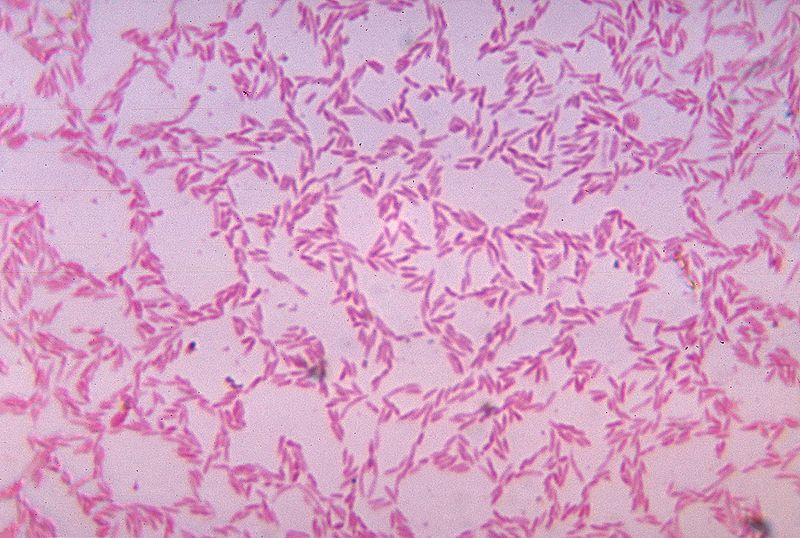Since we contain far more bacterial cells than cells from our parents, some medical researchers are beginning to look at the human body as an ecosystem. The opening of a piece on the topic from the Economist:
“WHAT’S a man? Or, indeed, a woman? Biologically, the answer might seem obvious. A human being is an individual who has grown from a fertilised egg which contained genes from both father and mother. A growing band of biologists, however, think this definition incomplete. They see people not just as individuals, but also as ecosystems. In their view, the descendant of the fertilised egg is merely one component of the system. The others are trillions of bacteria, each equally an individual, which are found in a person’s gut, his mouth, his scalp, his skin and all of the crevices and orifices that subtend from his body’s surface.
A healthy adult human harbours some 100 trillion bacteria in his gut alone. That is ten times as many bacterial cells as he has cells descended from the sperm and egg of his parents. These bugs, moreover, are diverse. Egg and sperm provide about 23,000 different genes. The microbiome, as the body’s commensal bacteria are collectively known, is reckoned to have around 3m. Admittedly, many of those millions are variations on common themes, but equally many are not, and even the number of those that are adds something to the body’s genetic mix.
And it really is a system, for evolution has aligned the interests of host and bugs. In exchange for raw materials and shelter the microbes that live in and on people feed and protect their hosts, and are thus integral to that host’s well-being. Neither wishes the other harm. In bad times, though, this alignment of interest can break down. Then, the microbiome may misbehave in ways which cause disease.”

